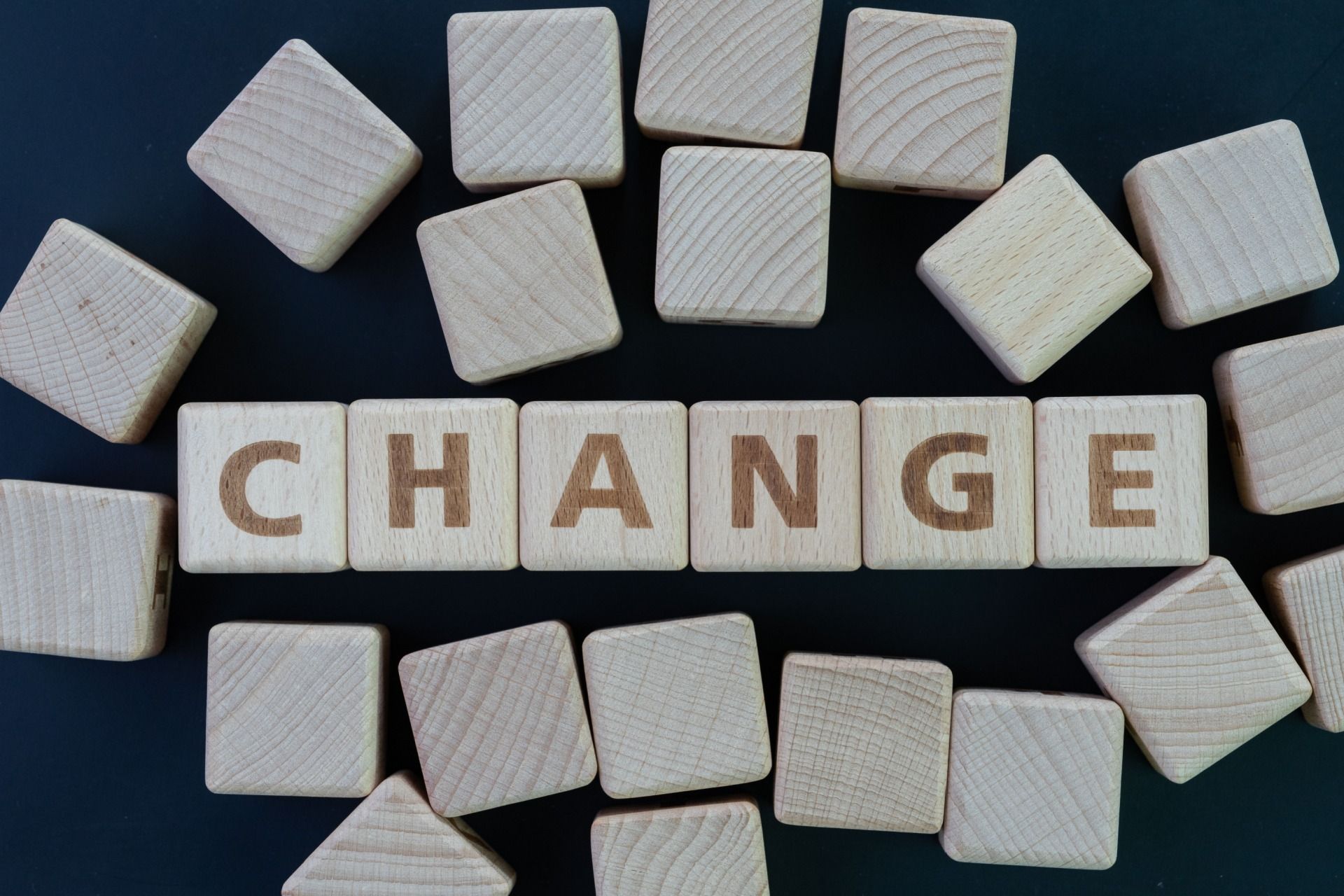Bandages for Your Heart - Laughter in the Face of Tears: How Humor Helps in Grief Recovery
Bandages for Your Heart
Laughter in the Face of Tears: How Humor Helps in Grief Recovery
Many people believe that grief and laughter don’t belong together. After all, when you’re coping with the loss of a loved one, the idea of finding humor during such deep sorrow can feel impossible—or even inappropriate. Yet, research on the relationship between laughter and grief shows that laughter is a natural and beneficial response, even amid sorrow. The healing benefits extend to the body, mind, and spirit, helping to ease the pain.
Why laughter? If laughter is the best medicine, is there anything that cannot be eased by using it? When grieving, several common symptoms arise. The immune system is often suppressed, yet research suggests that laughter can boost immune function. Many individuals also experience difficulty concentrating after the death of a loved one. This temporary lack of focus can actually serve as a protective mechanism, allowing the enormity of the loss to sink in gradually. This process may take weeks, months, or even years, but it is a natural part of grieving. In the meantime, many find themselves relying on Post-it notes or lists to complete simple tasks. Laughter can aid brain function and memory retention, reducing stress and providing momentary relief from sadness. As humorist Erma Bombeck once said, "If you can’t make it better, you can laugh at it."
Many people find that laughter brings comfort after losing a loved one. In a recent study, our team explored the relationship between laughter and grief through a survey of over 400 individuals. One participant shared, "Laughter lifts the heavy burden of loss, even if only for a few minutes. It is a wonderful respite." Telling stories about a loved one helps many cope with their absence. Others have developed a personal Humor Plan of Action (HPOA), intentionally incorporating laughter into their daily routine. This could involve reading comics, watching a favorite sitcom or movie, or searching for their favorite comedian on YouTube. Some respondents used gallows humor to lighten difficult moments. One woman, upon visiting her mother’s grave and noticing cracked and parched soil, turned to her brother and quipped, "It looks like Mom is trying to get out to get her cigarettes."
Of course, not everyone finds laughter easy after a loss. Some may want to laugh but struggle to find anything funny. Others may feel guilty for experiencing happiness again. One woman found that those around her stopped offering comfort because they misinterpreted her laughter as a sign that she was fine. Grieving is often filled with contradictions.
Fortunately, the benefits of laughter can still be accessed through therapeutic laughter—laughing for no reason. The brain does not require an external stimulus to produce the sound of laughter. Try laughing for thirty seconds or a minute right now. Close your eyes and experiment with different sounds—chuckle, giggle, or tee-hee. Do you feel better? If a doctor offered a prescription that lifted moods, boosted the immune system, enhanced concentration, and reduced stress—all at no cost—wouldn’t you take it? That is the gift of laughter.
There is no one who would want their loved ones to remain miserable forever. If you are seeking permission to smile and laugh again, think of it as a path to healing. Perhaps you can start by recalling funny stories about your loved one, looking at old photos, or watching home videos. It may involve spending time with friends and family, reconnecting with joy, even if only temporarily. Grief encompasses a wide range of emotions—laughter, anger, guilt, joy, tears, and bitterness. Each has its place, but it is important not to dwell too long in any one emotion. Identify what you are feeling and visit that neighborhood, but don’t build your house on Anger Alley or Offended Lane. Also, recognize that guilt often accompanies joy in the grieving process.
Just as grief is experienced differently by each person, so too is humor and laughter. The role they play in your healing journey is a personal choice. By understanding the restorative power of laughter, you can begin to appreciate its value as a coping tool. Whether you engage in spontaneous laughter or develop a full Humor Plan of Action, I encourage you to smile, chuckle, and laugh. You may find that laughter and tears can coexist, each playing a part in your path to healing.
____________________
This article is offered as part of our funeral home’s grief support program. The author, Nancy Weil, is a Certified Grief Management Specialist. You are invited to join our virtual Healing Hearts grief support group, facilitated by Nancy twice a month on Zoom. Please contact our funeral home for more information.









